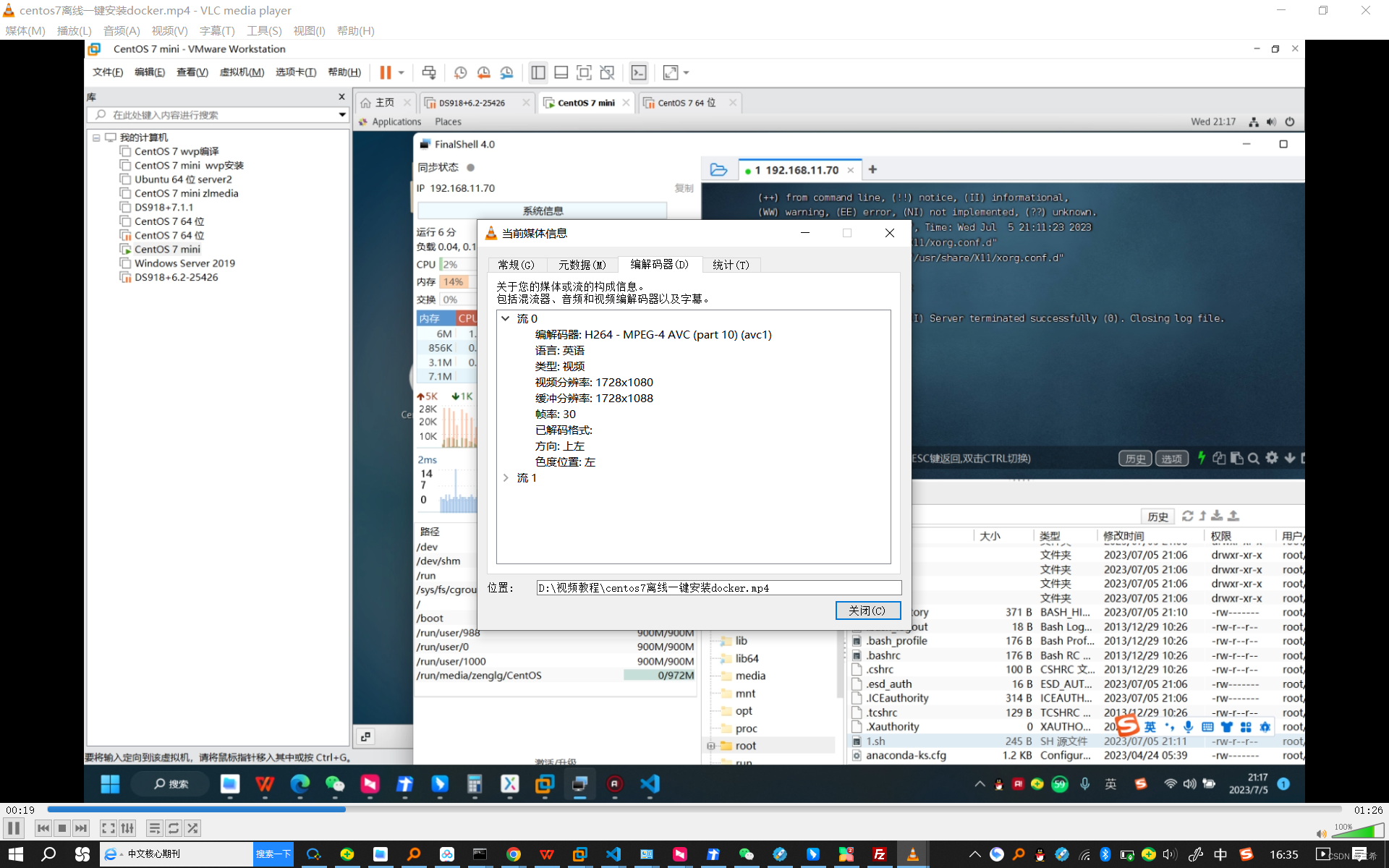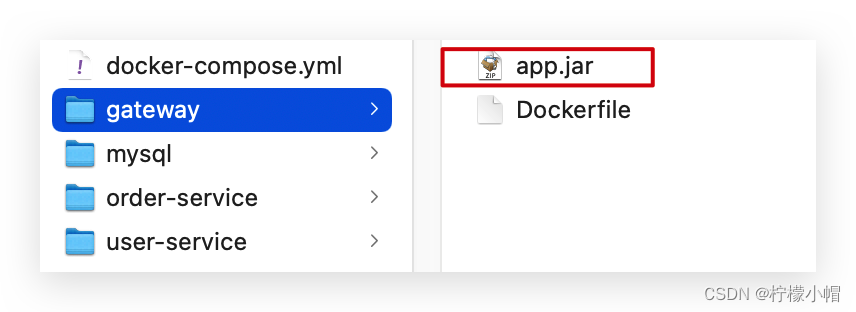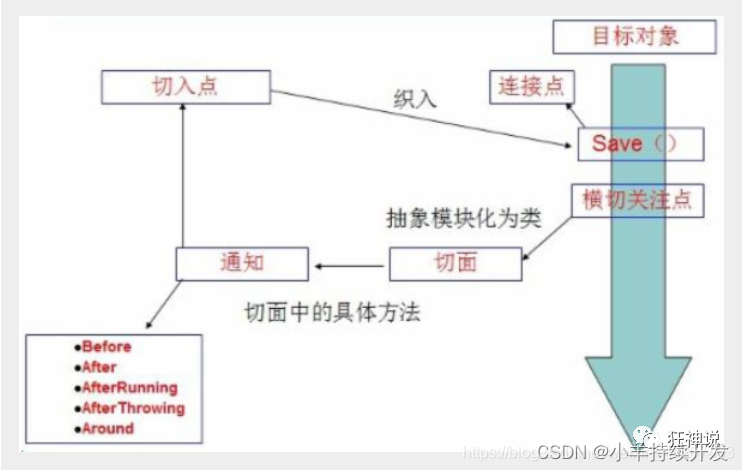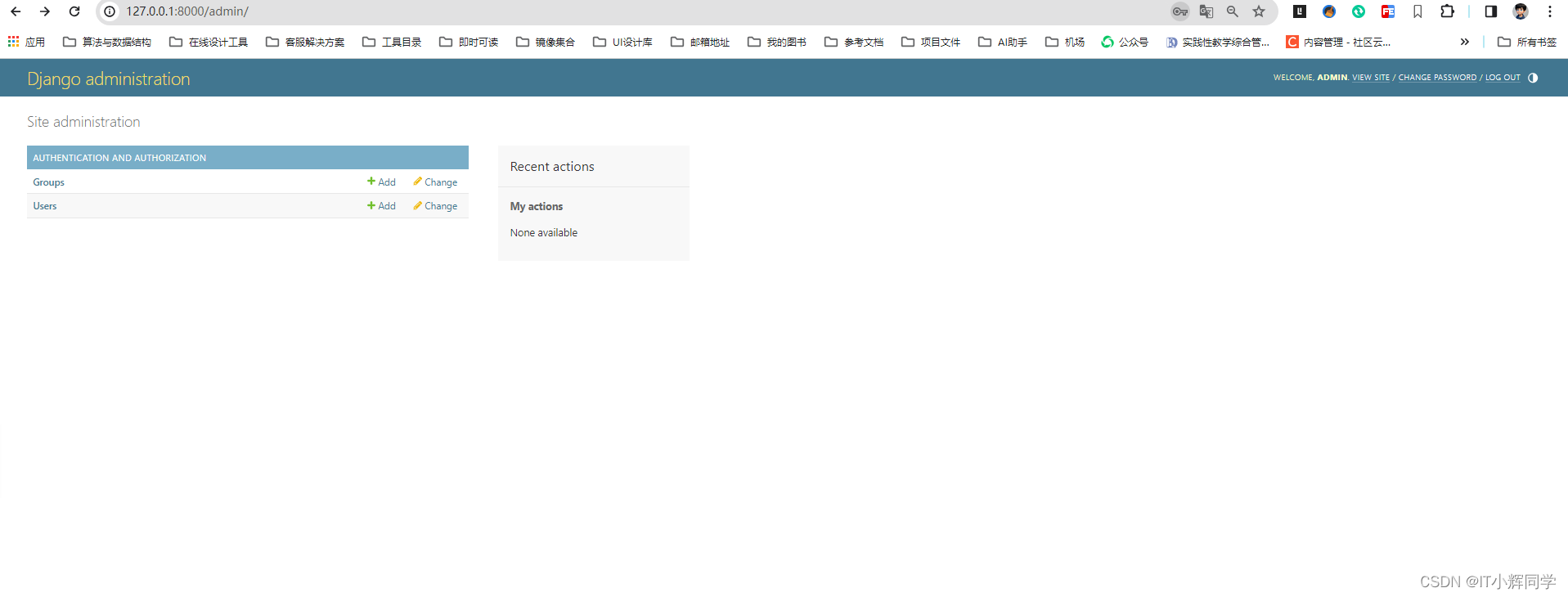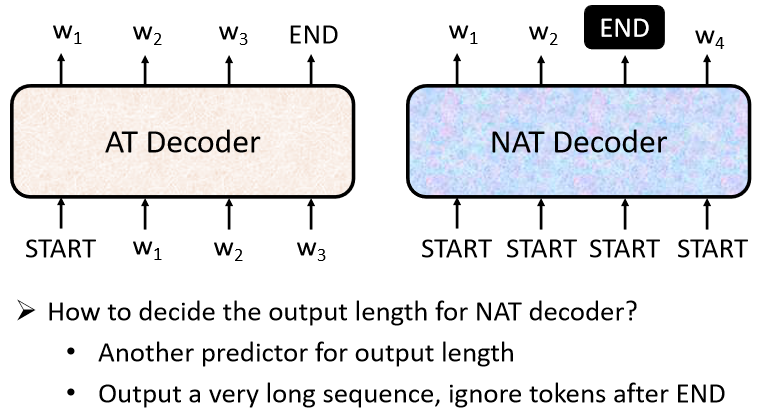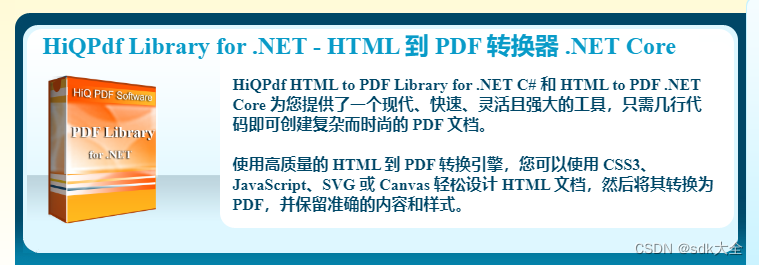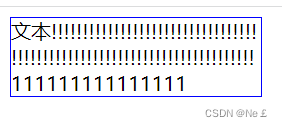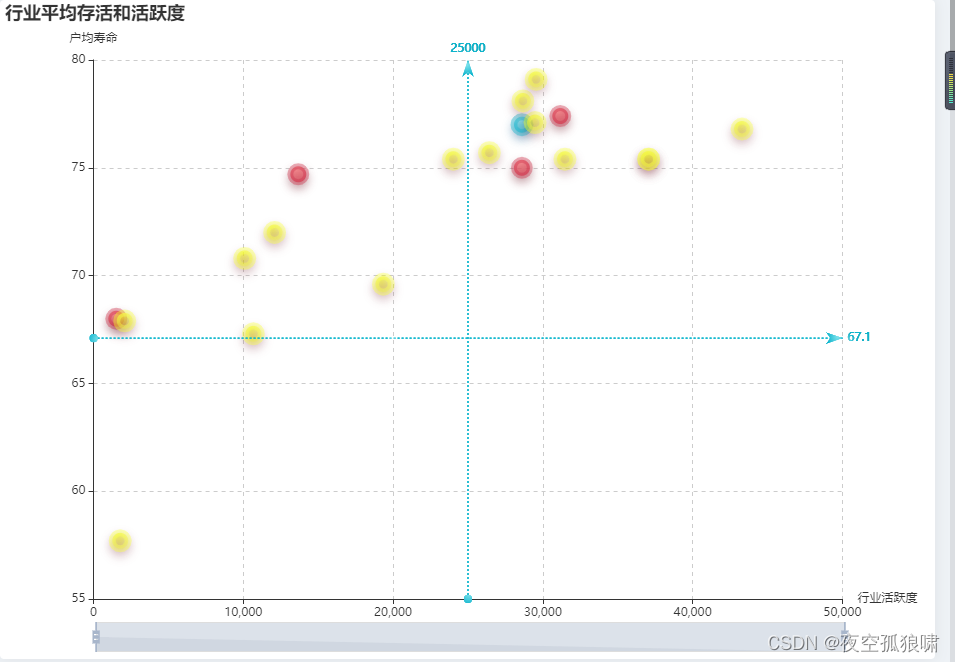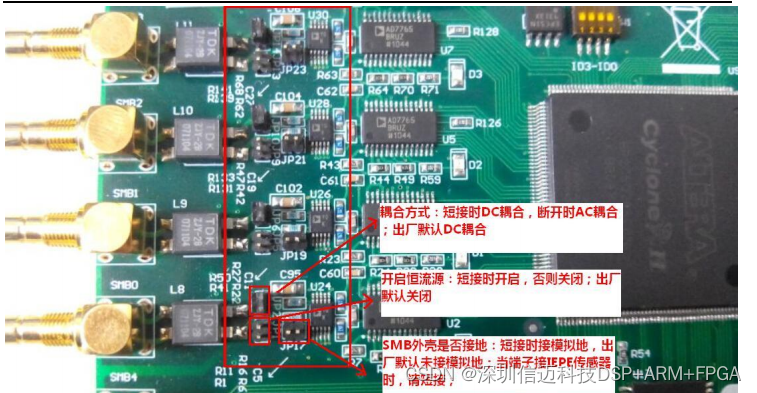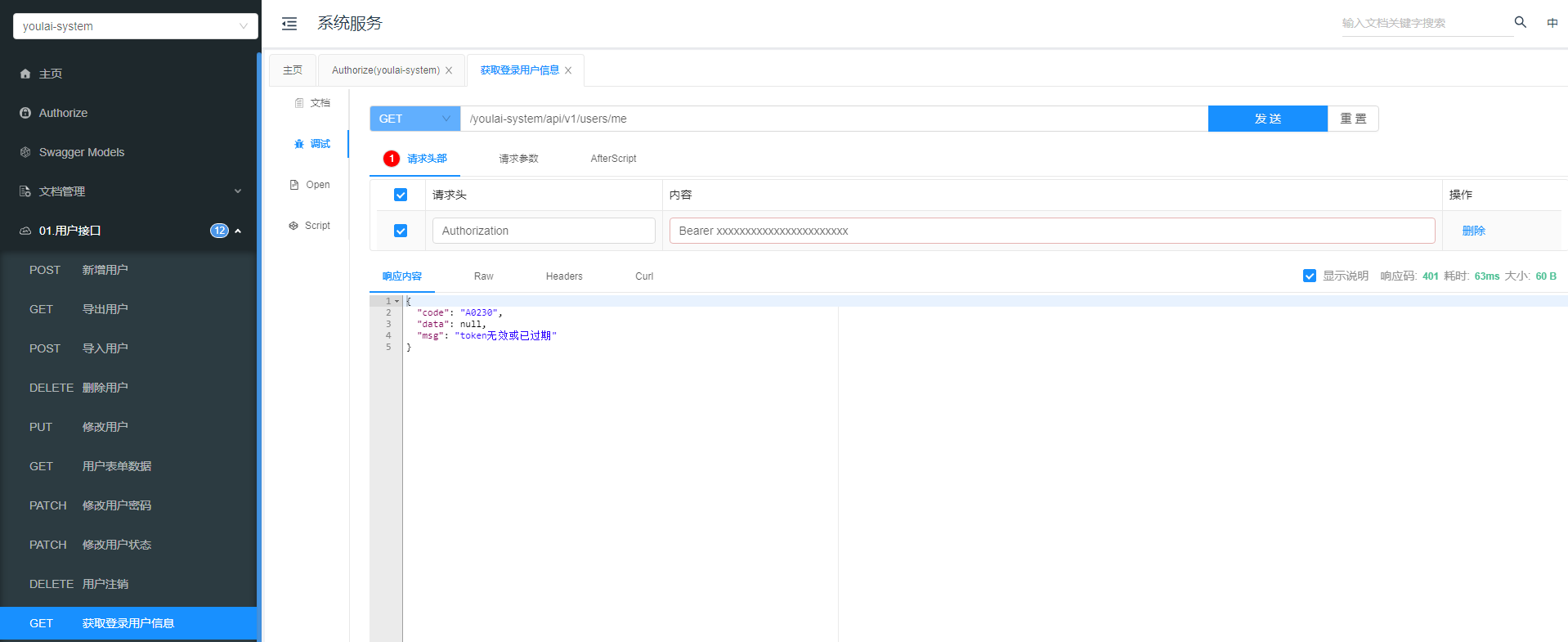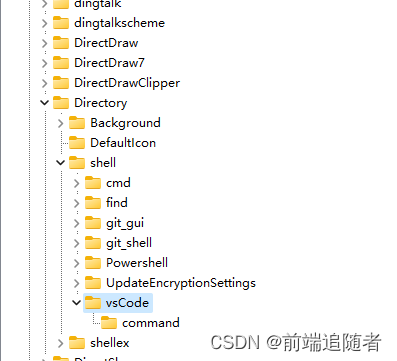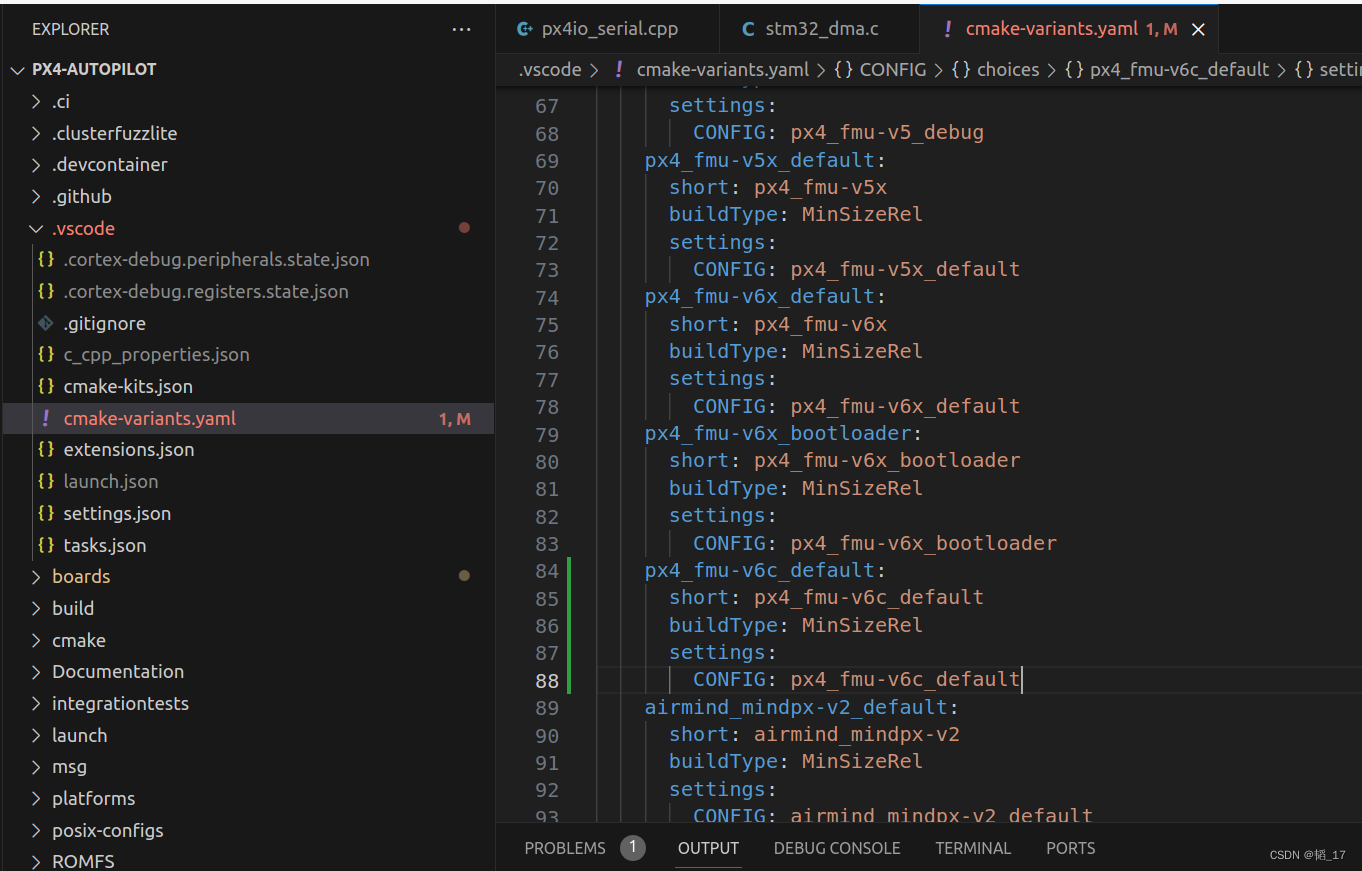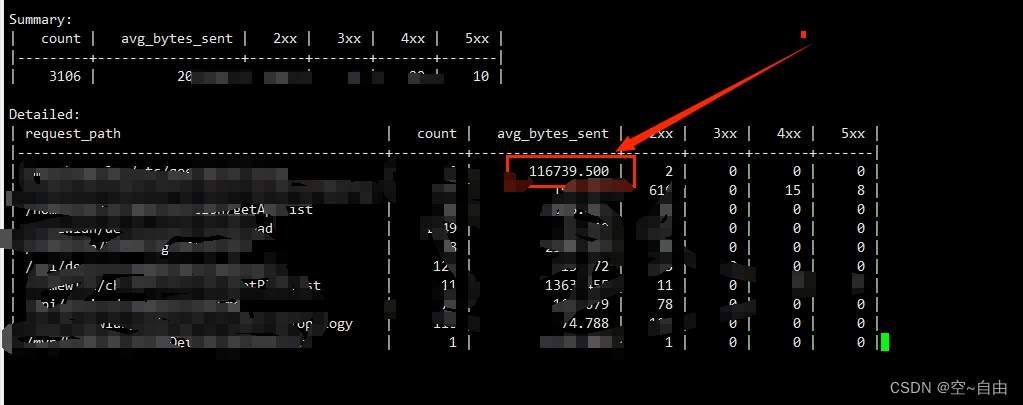https://huggingface.co/docs/transformers/main/en/llm_tutorial![]() https://huggingface.co/docs/transformers/main/en/llm_tutorial停止条件是由模型决定的,模型应该能够学习何时输出一个序列结束(EOS)标记。如果不是这种情况,则在达到某个预定义的最大长度时停止生成。
https://huggingface.co/docs/transformers/main/en/llm_tutorial停止条件是由模型决定的,模型应该能够学习何时输出一个序列结束(EOS)标记。如果不是这种情况,则在达到某个预定义的最大长度时停止生成。
from transformers import AutoModelForCausalLMmodel = AutoModelForCausalLM.from_pretrained("mistralai/Mistral-7B-v0.1", device_map="auto", load_in_4bit=True
)from transformers import AutoTokenizertokenizer = AutoTokenizer.from_pretrained("mistralai/Mistral-7B-v0.1", padding_side="left")
model_inputs = tokenizer(["A list of colors: red, blue"], return_tensors="pt").to("cuda")generated_ids = model.generate(**model_inputs)
tokenizer.batch_decode(generated_ids, skip_special_tokens=True)[0]
'A list of colors: red, blue, green, yellow, orange, purple, pink,'tokenizer.pad_token = tokenizer.eos_token # Most LLMs don't have a pad token by default
model_inputs = tokenizer(["A list of colors: red, blue", "Portugal is"], return_tensors="pt", padding=True
).to("cuda")
generated_ids = model.generate(**model_inputs)
tokenizer.batch_decode(generated_ids, skip_special_tokens=True)
['A list of colors: red, blue, green, yellow, orange, purple, pink,',
'Portugal is a country in southwestern Europe, on the Iber']生成策略有很多,
生成结果太短或太长
如果在GenerationConfig文件中未指定,则默认情况下generate返回最多20个标记。建议在generate调用中手动设置max_new_tokens来控制它可以返回的最大新标记数。请注意,LLM(更精确地说是仅解码器模型)还将输入提示作为输出的一部分返回。
model_inputs = tokenizer(["A sequence of numbers: 1, 2"], return_tensors="pt").to("cuda")# By default, the output will contain up to 20 tokens
generated_ids = model.generate(**model_inputs)
tokenizer.batch_decode(generated_ids, skip_special_tokens=True)[0]
'A sequence of numbers: 1, 2, 3, 4, 5'# Setting `max_new_tokens` allows you to control the maximum length
generated_ids = model.generate(**model_inputs, max_new_tokens=50)
tokenizer.batch_decode(generated_ids, skip_special_tokens=True)[0]
'A sequence of numbers: 1, 2, 3, 4, 5, 6, 7, 8, 9, 10, 11, 12, 13, 14, 15, 16,'生成模式不正确
默认情况下,generate在每次迭代中选择最可能的标记(greedy decoding),除非在GenerationConfig文件中指定。
# Set seed or reproducibility -- you don't need this unless you want full reproducibility
from transformers import set_seed
set_seed(42)model_inputs = tokenizer(["I am a cat."], return_tensors="pt").to("cuda")# LLM + greedy decoding = repetitive, boring output
generated_ids = model.generate(**model_inputs)
tokenizer.batch_decode(generated_ids, skip_special_tokens=True)[0]
'I am a cat. I am a cat. I am a cat. I am a cat'# With sampling, the output becomes more creative!
generated_ids = model.generate(**model_inputs, do_sample=True)
tokenizer.batch_decode(generated_ids, skip_special_tokens=True)[0]
'I am a cat. Specifically, I am an indoor-only cat. I'边缘填充错误
LLM是仅解码器架构,这意味着它们会继续对输入提示进行迭代。如果您的输入长度不相同,那么它们需要被填充。由于LLM没有被训练以从填充标记继续生成,因此输入需要进行左填充。确保还记得将注意力掩码传递给generate函数!
# The tokenizer initialized above has right-padding active by default: the 1st sequence,
# which is shorter, has padding on the right side. Generation fails to capture the logic.
model_inputs = tokenizer(["1, 2, 3", "A, B, C, D, E"], padding=True, return_tensors="pt"
).to("cuda")
generated_ids = model.generate(**model_inputs)
tokenizer.batch_decode(generated_ids, skip_special_tokens=True)[0]
'1, 2, 33333333333'# With left-padding, it works as expected!
tokenizer = AutoTokenizer.from_pretrained("mistralai/Mistral-7B-v0.1", padding_side="left")
tokenizer.pad_token = tokenizer.eos_token # Most LLMs don't have a pad token by default
model_inputs = tokenizer(["1, 2, 3", "A, B, C, D, E"], padding=True, return_tensors="pt"
).to("cuda")
generated_ids = model.generate(**model_inputs)
tokenizer.batch_decode(generated_ids, skip_special_tokens=True)[0]
'1, 2, 3, 4, 5, 6,'错误的prompt
一些模型和任务需要特定的输入提示格式才能正常工作。如果未使用该格式,性能可能会出现悄然下降:模型可以运行,但效果不如按照预期的提示进行操作。
tokenizer = AutoTokenizer.from_pretrained("HuggingFaceH4/zephyr-7b-alpha")
model = AutoModelForCausalLM.from_pretrained("HuggingFaceH4/zephyr-7b-alpha", device_map="auto", load_in_4bit=True
)
set_seed(0)
prompt = """How many helicopters can a human eat in one sitting? Reply as a thug."""
model_inputs = tokenizer([prompt], return_tensors="pt").to("cuda")
input_length = model_inputs.input_ids.shape[1]
generated_ids = model.generate(**model_inputs, max_new_tokens=20)
print(tokenizer.batch_decode(generated_ids[:, input_length:], skip_special_tokens=True)[0])
"I'm not a thug, but i can tell you that a human cannot eat"
# Oh no, it did not follow our instruction to reply as a thug! Let's see what happens when we write
# a better prompt and use the right template for this model (through `tokenizer.apply_chat_template`)set_seed(0)
messages = [{"role": "system","content": "You are a friendly chatbot who always responds in the style of a thug",},{"role": "user", "content": "How many helicopters can a human eat in one sitting?"},
]
model_inputs = tokenizer.apply_chat_template(messages, add_generation_prompt=True, return_tensors="pt").to("cuda")
input_length = model_inputs.shape[1]
generated_ids = model.generate(model_inputs, do_sample=True, max_new_tokens=20)
print(tokenizer.batch_decode(generated_ids[:, input_length:], skip_special_tokens=True)[0])
'None, you thug. How bout you try to focus on more useful questions?'
# As we can see, it followed a proper thug style 😎
